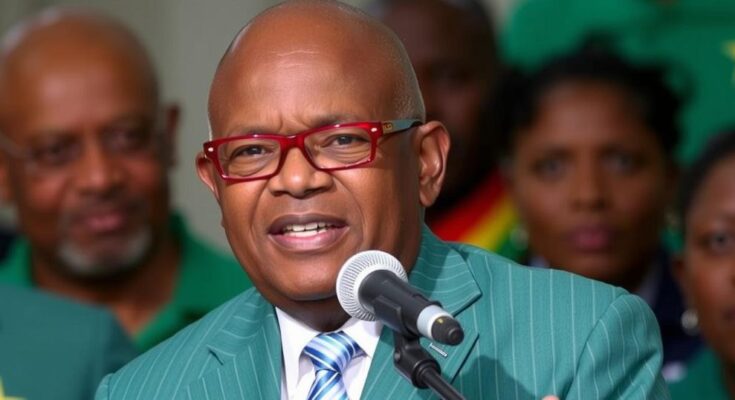Mozambique’s top court confirmed Frelimo’s victory in disputed elections, leading to massive protests and calls of vote rigging. At least 130 people have died due to unrest, with opposition groups asserting that the election results do not reflect the people’s will. The decision has disrupted foreign business operations and raised concerns about economic growth in light of recent climatic events.
Mozambique’s Constitutional Council has upheld the ruling Frelimo party’s victory in the disputed October elections, despite widespread allegations of electoral fraud. The council announced that Frelimo’s candidate, Daniel Chapo, was elected president with approximately 65% of the vote, a figure lower than previous reports from the electoral commission. This decision has led to significant protests across the nation, resulting in at least 130 fatalities amid clashes with law enforcement. Following the announcement, immediate protests erupted in areas such as Nacala-Porto and Maputo, as opposition representatives condemned the results, asserting that the will of the people had been disregarded. Observers have criticized the elections as neither free nor fair, and the unrest has begun impacting foreign business operations within the country, prompting concerns about the economic forecast for Mozambique in 2024.
Mozambique has been under Frelimo governance since 1975, and it held its first multiparty elections in 1994. Since then, Frelimo has faced repeated accusations of electoral manipulation from opposition parties and independent observers. The most recent elections, held in October, have triggered the largest protests in the nation’s history. The Constitutional Council, which serves as the final arbiter of electoral disputes, validated Frelimo’s victory despite these allegations. Relations between the government and civil society have notably deteriorated, with increasing violence recorded in the aftermath of the elections. These events pose implications for Mozambique’s political stability and economic prospects, already strained by recent natural disasters.
In conclusion, the confirmation of Frelimo’s election victory by Mozambique’s Constitutional Council amidst widespread protests and allegations of fraud underscores the country’s ongoing political turmoil. The repercussions of this unrest are already manifesting in violence, economic stagnation, and strained relations with foreign entities. The reaction of the opposition and the continued protests indicate a deep-seated dissatisfaction with the electoral process, which may have significant implications for Mozambique’s political landscape moving forward.
Original Source: www.cnn.com




